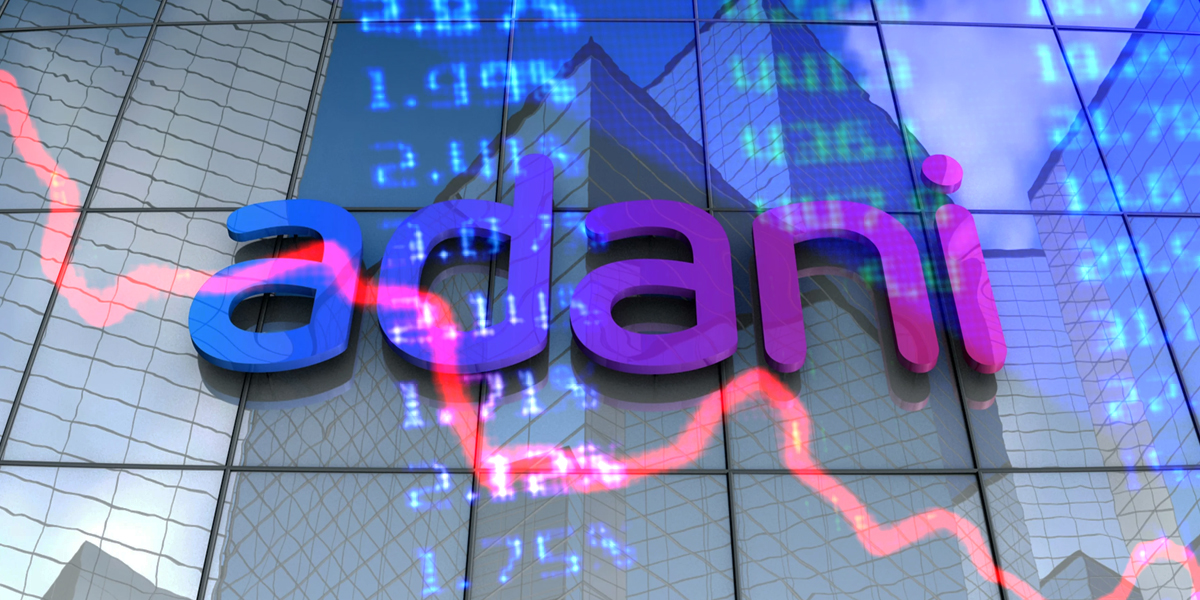It’s getting to be a rough week for Asia’s richest man as eight of his companies have been tanking on India’s MSCI Index since Wednesday, January 25th following the release of a report from New York-based firm Hindenburg Research accusing the Adani Group of various malpractices in its dealings across various industries.
The ensuing rout essentially pulled the rug from under several Indian stock benchmarks, adding more insult to injury to the region’s weakest-performing economy for this year. It has also led to a bleaker forecast for a market that came under fire after rallying last year.
The plunge taken by the eight Adani-led firms led to a decrease in forward price-to-earnings ratios among Adani Group stocks. As of press time, group flagship Adani Enterprises Ltd. was trading at a multiple of 77 times, a sharp decline from its peak of 183 in September of last year.
What’s Going On?
Currently, shares linked to companies owned by Indian mogul Gautam Adani have lost a collective $68 billion in market capitalization. Even companies like Adani Wilmar Ltd. and New Delhi Television Ltd., both of which are not listed on the MSCI, were affected by the backlash. The aforementioned decline represents a 51% decline in capitalization for the Indian stock market.
Indeed, around $784 million in global funds were pulled out from Indian shares on January 25 and 27, the first two trading days following the publication of the Hindenburg report. The outflow went even deeper on Monday, January 30th, when Adani’s power firms Adani Total Gas Ltd. and Adani Green Energy Ltd. plummeted by 20% of the daily limit.
The total valuation of stocks across India also fell by 3.1%, settling at $3.2 trillion. This is a contrast to the way Indian stocks soared to a record high of 3.6% last year as it overtook the United Kingdom to take its place as the fifth largest equity market in the world.
Mounting Concerns
Investors and market watchers also expressed concerns regarding Adani’s hyper-diversified business portfolio which includes a broad spectrum of fields including ports management and power generation.
As a result, investors overseas are looking into reopening markets like China which recently shrugged off its overly strict Covid Zero policy, and into chip stocks in South Korea and Taiwan.
According to Raay Global Investments Pvt. chief investment officer Benaifer Malandakar, China’s ongoing economic recovery is playing out, so many foreign investors are setting their sights on it. It’s a trend that will have a significant short-term impact on Indian markets.















